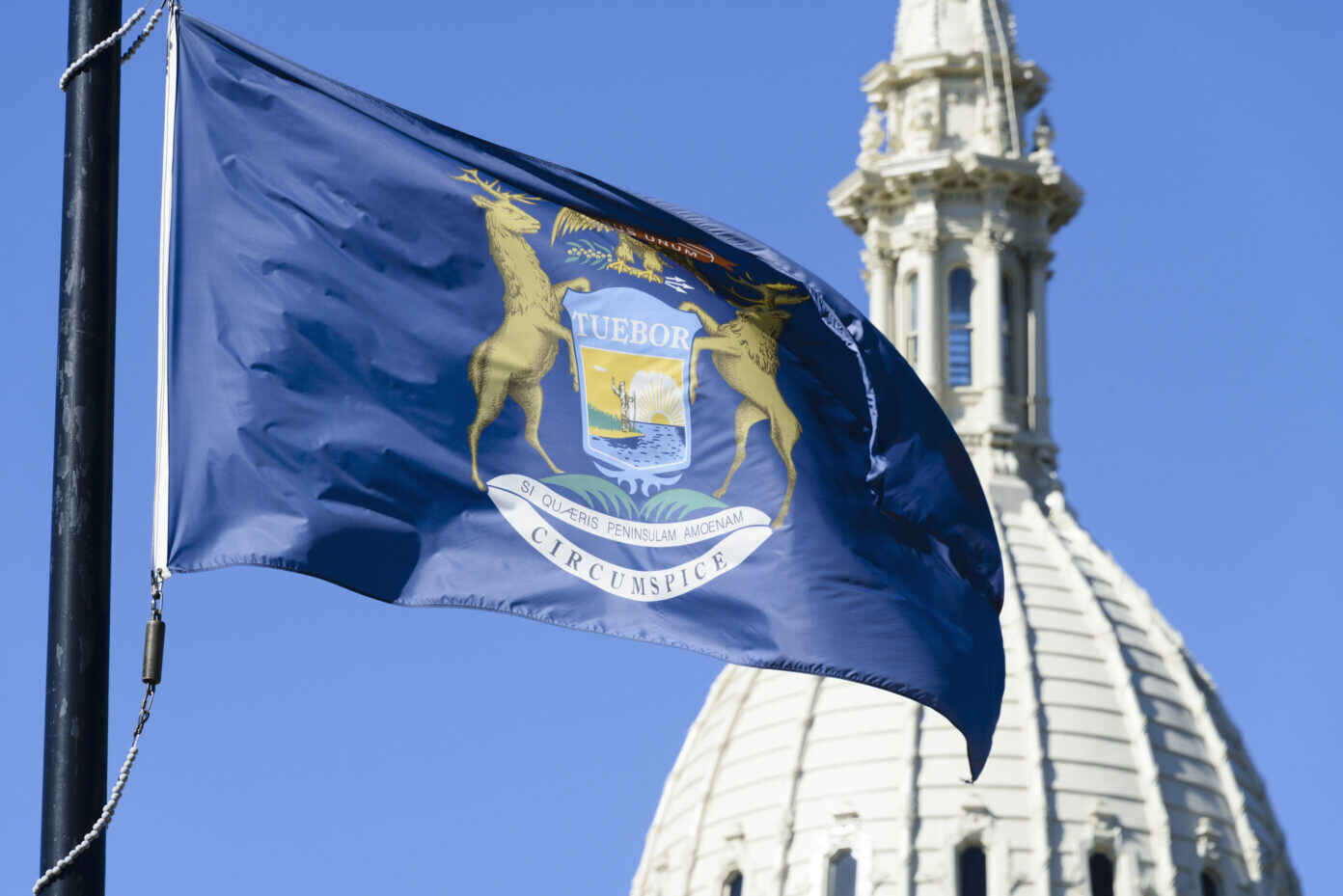Lobbying and Other Political Activity by Government Employees in Michigan
July 31, 2020
Overview
The appropriate role for public health professionals in politics and policy-making is long debated. Some argue that public health professionals should avoid engaging in politics because politicization undermines the field, while others argue that politics are inextricable and therefore unavoidable in public health. But even within the narrowest conception of public health practice, there are many ways in which politics and therefore advocacy are relevant to effectively assuring the public’s health, ranging from seeking adequate funding for local health services to answering questions from community members about proposed ballot measures affecting health. Thus, beyond normative, ethical, and strategic questions about advocacy, public health departments and practitioners must consider the complex array of federal, state, and local laws that govern and limit public bodies’ political activities and use of public resources. This fact sheet describes Michigan state laws and regulations that govern public bodies and employees with regard to several categories of activity: (1) lobbying of state government officials; (2) public employees’ participation in political activities; and (3) use of public funds for political activities.

This fact sheet does not discuss federal law, but it is important to remember that federal restrictions on lobbying and other political activities are generally tied to federal funding. The terms and conditions of any grants or federal or state contracts may themselves prohibit use of funds for lobbying, or they may require compliance with federal regulations or cost principles that prohibit lobbying. Readers should be sure to consider all funding sources and applicable terms and conditions of any grant, whether federal, state, or other, to determine applicable laws. Readers should also review local laws since Michigan local governments may adopt ordinances or resolutions concerning lobbying as long as they are not more restrictive than the Lobby Act provisions.



